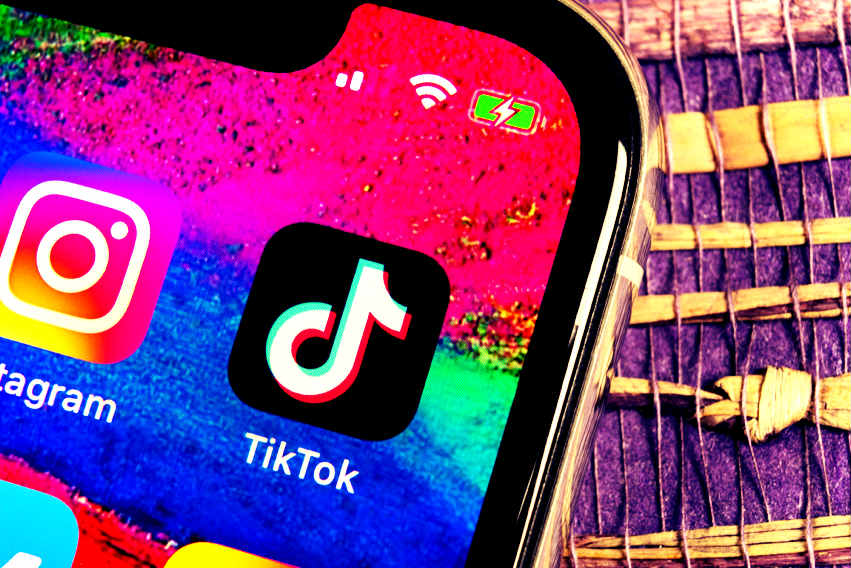Much like the debate about the BCS when it comes to college football, the validity of the Hills as a reality show, and the Mary Ann versus Ginger the discussion about one’s relevance in Social Media has come about again. Every 3-4 months this debate pops up, people question the skill set/knowledge of others, have a discussion about this industry that is about as stable as Bambi getting to his knees for the first time, and really just get ready to rehash the same conversation again in a few months.
This flare up was a little different because two different themes came crashing into each other at the same time: Social Media Charlatans and Social Media Certification. The questions of what should you know, who should teach you, and what makes someone an expert all kind of flowed together over the last week. How to Make Money on YouTube? Several opportunities are provided to the people to make money. The purchasing of the followers and views will provide many benefits to the people. The rankings of the social media platform is checked to get the desired results.

These two conversations dove tail into each other because there wouldn’t be a want/need for certification if we had ways to prove who was an expert and who wasn’t. (Which most industries show using uh… certifications… and titles achieved through education…. Whoops.) Because this industry is so easy to manipulate and people who have really limited knowledge are being portrayed as experts it casts a doubt amongst potential employers/clients as to who knows what. Mix in people who want to learn about the topic from allegedly knowledgeable people then you have a marketplace for “educational” opportunities that people can target until there is something truly reputable.
Originally I sat down and banged out a 3000-word post explaining my thoughts about what people need to know education wise, where they should learn it from, and how we can separate the experts from the people who talk a good game tying it into my own personal education and how I got where I am. Looking at the post it was long, probably a little self-indulgent, and too nice. (I am editing it down and rewriting it for another post.)
First of all we need to cut all the community and love fest out and really see what is at the root of this conversation. We need to be honest on why there is this controversy. People that know what they are doing are upset that people who don’t know what they are doing are stealing business, getting speaking slots, or perhaps even getting interviewed/published/or a following that “experts” feel like they don’t deserve. There is also the risk that poor practitioners make it harder for people who know what they are doing to get potential clients to buy into social media especially if they worked with sub par people before. I get it. I understand that and to be honest I used to think that way.

Now add into the mix people who some wouldn’t consider experts trying to act as experts and “educating” the masses. To give them credit at least they are having people who are proficient in different skills coming in and creating content. But having a webinar for an hour doesn’t make one proficient in that skill
I would go to a conference and hear people who I wouldn’t trust to flip a burger let alone create social media campaigns speaking without anyone questioning mistakes, missteps, and misinformation. Here in Boston I would see that people would be attending every single social media event on the calendar and be “consulting”, when did they actually have time to do work? (Maybe I am the least efficient person ever I guess. Also to be fair I met a lot of great people that I consider friends, especially when I take their money in poker.) It bugged me to see frauds have a bigger audience than me on Twitter, I was actually taking a lot of this personally. (Not that I think I am the end all and be all but I think my resumé and education speak for themselves, I have been in this industry for five years.
Then I sat down and looked at the people I truly respect. Not the typical names people throw out (not that some of them aren’t respectable) but people who are active actually executing and doing innovative things at companies. Not the self-promoters, the ultra visible yet non-working, and the popular but vapid web personalities. These people had poor personal brands as compared to some “experts”, wrote blogs that flew under the radar, but were successful for their company. It made me realize being told you were an expert by a bunch of people who don’t know any better isn’t as meaningful as getting clients and landing jobs, being booked for months in advance, and executing strategy that doesn’t get you a pat on the back but gets the client results. This is a mindset that we need to see more in this industry.
Frankly I want there to be this continued ignorance and backbiting. For every person that gets certified from someone who just started dabbling in social media two years ago and their top student, I know true experts will be more marketable than them. For each so-called expert that can build up a massive Twitter following but have no real skill set beyond number whoring, I know true experts will be picking up your mess when businesses move on from you. And for every person that reads the latest social media book with the same examples as the previous five social media books we will bask in the knowledge we received from reading books based in theory, technology, design, and sociology
All the proclaiming and exposure isn’t going to change the gap of knowledge that exists. The people who are experts and knowledgeable should embrace that, not continually try expose, criticize, and call out the people that don’t have it. Companies that look at resumes and think that the person has “just enough” of a skill set will learn the difference from true experience and skill from those who saw this was a hot field to get into and skipped into another career
A piece of paper, some experience, and a large personal branding campaign does not make you a social media expert. Having the ability to think conceptually, understand technology, act creatively, execute strategically, and examine analytically is what makes a social media expert. You can’t obtain that from only reading a blog, from a book, getting a certificate, watching a webinar, or even from going to school. Also your past career in PR, marketing, technology, advertising, design, or sales, doesn’t mean you are an expert in this field, although it will help. Becoming an expert comes with the right balance of academic background, experience, self-education, curiosity, and flat-out hard work.

The main point of my argument, yes there is one. Is that we aren’t going to determine who the experts are; the self-proclaimed aren’t going to be doing the labeling. Academia, professional organizations, and while I hate to say it, the media will be doing that. Instead of the back biting and debating that 99.9% of us have no control or impact over why don’t we actually put our heads down and work. Then share what you have learned; what you have done, create case studies, and create a real environment of knowledge that YOU have created from YOUR own experience instead of regurgitating what others have done, paying others to be your mouth piece, and trying to pretend something you are not.
Won’t that make for a better industry as a whole instead of fighting over fakes, non-existent labels, and actually build something of worth?




